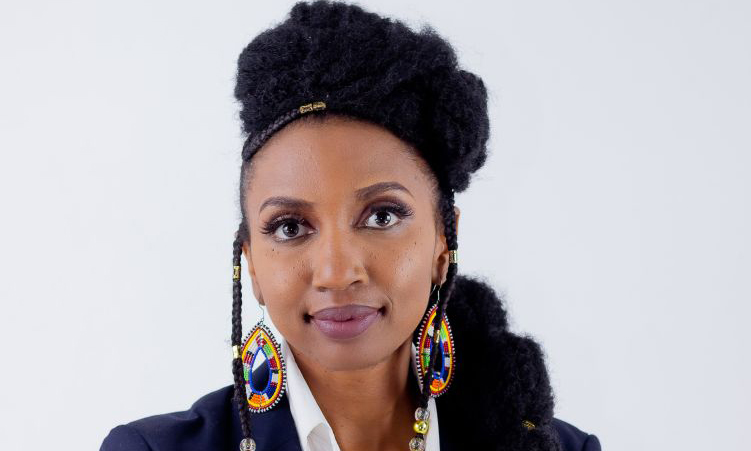It was reported that the City of Windhoek’s budget for 2023/24 is dominated by electricity and salaries.
Salaries accounted for 32% of the budget.
The report further indicated that the city aims to have a surplus of N$165 million.
This budget raised a few questions.
The first one is: What is the role of the municipality?
Is it to make money and profit?
Secondly, with the projected budget of 23/24, how does it plan to make Windhoek a smart and caring city, when a huge percentage of the budget is targeted towards salaries?
A city can be defined as ‘smart’ when it incorporates scientific and technological innovation in both residential and commercial infrastructure, which provide residents with a better quality of life.
This type of city also promotes the efficient management of natural resources and ecological environments to create friendly and liveable communities who live in harmony with nature.
Scholars like Caragliu identified six factors that contribute to a ‘smart’ city, which are a ‘smart’ economy, ‘smart’ mobility, ‘smart’ environment, ‘smart’ people, ‘smart’ living and ‘smart’ governance.
Given the six factors mentioned above, does the city’s strategy and budget prioritise factors that would ensure it fulfils its already outdated vision?
Licky Erastus and others conducted a study titled ‘Smart City eReadiness Assessment – Is City of Windhoek Ready?’
in 2020, to assess how far the city is with the implementation of its vision.
The results showed that the city has access to knowledge on smart cities, but implementation is a challenge.
In theory, smart cities are a fantastic concept, but do they work?
Can Windhoek be a smart and caring city?
And if it can, what would this look like?
A documentary on Netflix, titled ‘Live to 100: Secrets of the blue zones: the future of longevity’, showed that if the city could incorporate the above six factors in its smart city framework and implement it, it could achieve similar and even better outcomes with the assistance of various stakeholders, including the government.
In the documentary, Singapore was featured as one of the countries in the world with the highest happiness rating.
Although the country has 5,8 million people who live on a densely populated strip of land, people in that country have the highest life expectancy in the world.
Singapore centres its sustainability development discourse around its people.
The government believes its people are its best natural resources, as the island does not have natural resources to rely on.
Chan Heng Chee, the ambassador at large in Singapore’s ministry of foreign affairs, said: “To be in politics is about improving the lives of people.”
She further said all government officials live by the mantra “policy is implementation and implementation is policy”.
The Singapore government subsidises healthy food to make it affordable for people to buy and stay healthy.
The government worked with beverage suppliers to cap the amount of sugar in drinks.
They have created 350 parks all over the country.
In every residential area they have established fully funded gyms with exercise programmes, because they want their citizens to exercise and stay healthy.
Singapore also has strict penalties for crimes, such as the possession of drugs and murder, because the government wants its people to live in safety.
Countries like Singapore epitomise what a caring and smart city should be.
Without people, cities would not exist.
If only the Namibian government could also see Namibians as precious natural resources and prioritise and centre its urban sustainable development agenda around people.
Then Namibia too would have happier and healthier people, who could contribute to the gross domestic product and other economic indicators the government seeks to achieve.
It could be a win-win situation.
- Morna Ikosa is a communications and stakeholder engagement consultant, who focuses on sustainable development and is certified in preventing and responding to sexual harassment, workplace bullying, and violence.
Stay informed with The Namibian – your source for credible journalism. Get in-depth reporting and opinions for
only N$85 a month. Invest in journalism, invest in democracy –
Subscribe Now!






